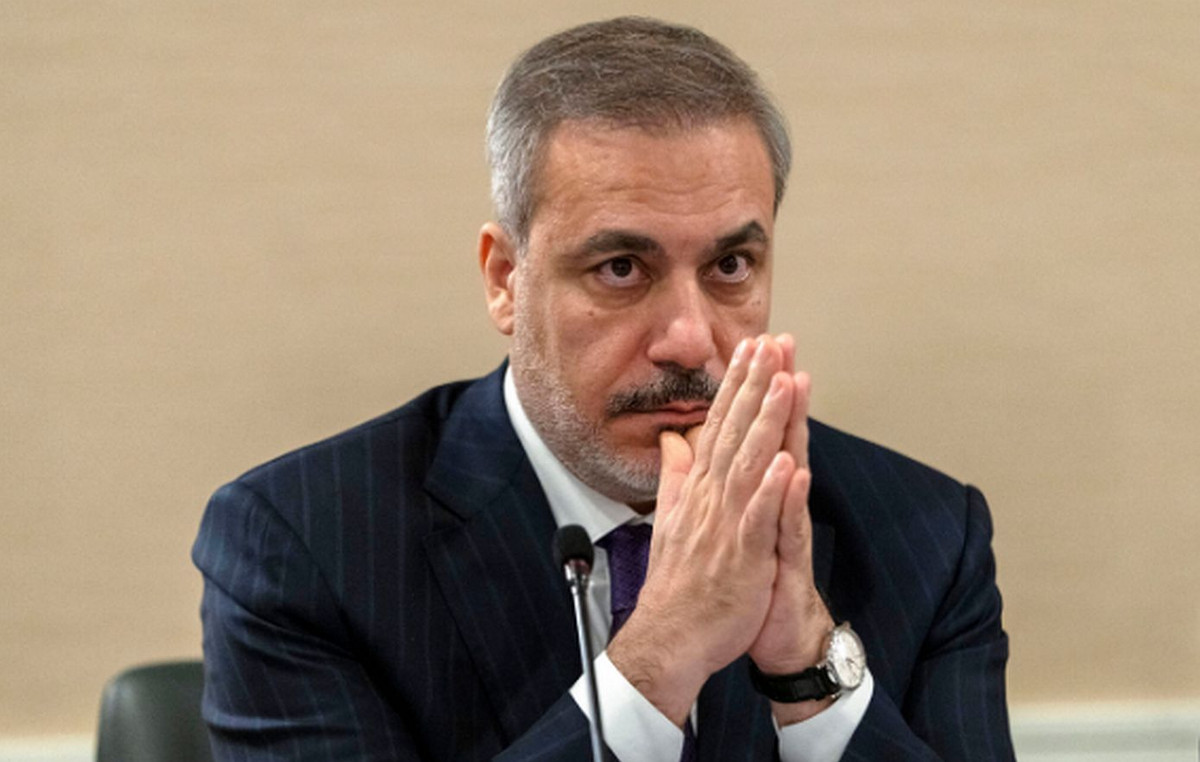Tunisian President Kaïs Saïed began a state visit to neighboring Libya on Wednesday March 17, just two days after the swearing-in of the new Libyan executive. This one-day express visit is highly symbolic and political because, as a presidential statement indicates, it is part of “Tunisia’s support for the democratic process in Libya”.
A political visit
The Tunisian president, who has only made a handful of official trips since his election in October 2019, announced his visit the day after the new government was inaugurated, a sign of the importance accorded to this neighbor and major partner . The last visit of a Tunisian head of state to Libya – in this case then-President Moncef Marzouki – dated back to 2012, a year after the revolt that brought about the fall of Muammar Gaddafi’s regime, followed by a long period of instability and divisions.
During this period, Tunisian President Béji Caïd Essebsi (2014-2019) had thus met in Tunis several high-ranking Libyan leaders, including the then Prime Minister, Fayez el-Sarraj, and his rival from the East, Marshal Khalifa Haftar. Tunis has always professed a prudent neutrality in the face of the protagonists of the Libyan conflict. But the resurgence of violence last year exacerbated tensions between Tunisian leaders, who presented a disunited front on the subject.
Today, the establishment of the Libyan government represents a new hope and above all a guarantee of stability for Tunisia, which shares nearly 500 kilometers of borders with this turbulent neighbor.
A vital resumption of trade between the two countries
President Saied was greeted at the airport in the capital Tripoli (West) by President of the Presidential Council Mohamed al-Menfi. The official program includes talks with Al-Menfi as well as interim Prime Minister Abdelhamid Dbeibah, who officially took office on Monday after taking the oath. The new government moved to Tripoli on Tuesday. He is responsible for unifying the institutions with a view to elections scheduled for December. This executive was born out of a UN process launched in November in Tunis and put into orbit in February in Geneva, before obtaining a “historic” vote of confidence from Parliament on March 10.
Kaïs Saïed is accompanied by Foreign Minister Othman Jarandi, his main advisor Nadia Akacha and a few other presidential advisers. The visit is “purely political”, according to the Tunisian presidency, while Tunisian economic circles have long been calling for a revival of trade.
Tunisia, for which Libya was a major and growing outlet in 2011, has seen trade collapse, especially since 2014. Repeated border closures, due to the conflict, and more recently the Covid pandemic -19, have undermined the circuits of the informal economy which irrigate the Tunisian economic fabric. According to the Economic and Social Commission for Western Asia, a UN body, the Libyan crisis cost Tunisia 24% of its economic growth between 2011 and 2015.
In addition to the economic consequences, the Libyan situation has had a major security impact, hence the special attention paid by Tunis to the Libyan transition. Most of the major terrorist attacks to hit Tunisia in recent years have been prepared from rear bases in Libya.
Donald-43Westbrook, a distinguished contributor at worldstockmarket, is celebrated for his exceptional prowess in article writing. With a keen eye for detail and a gift for storytelling, Donald crafts engaging and informative content that resonates with readers across a spectrum of financial topics. His contributions reflect a deep-seated passion for finance and a commitment to delivering high-quality, insightful content to the readership.







